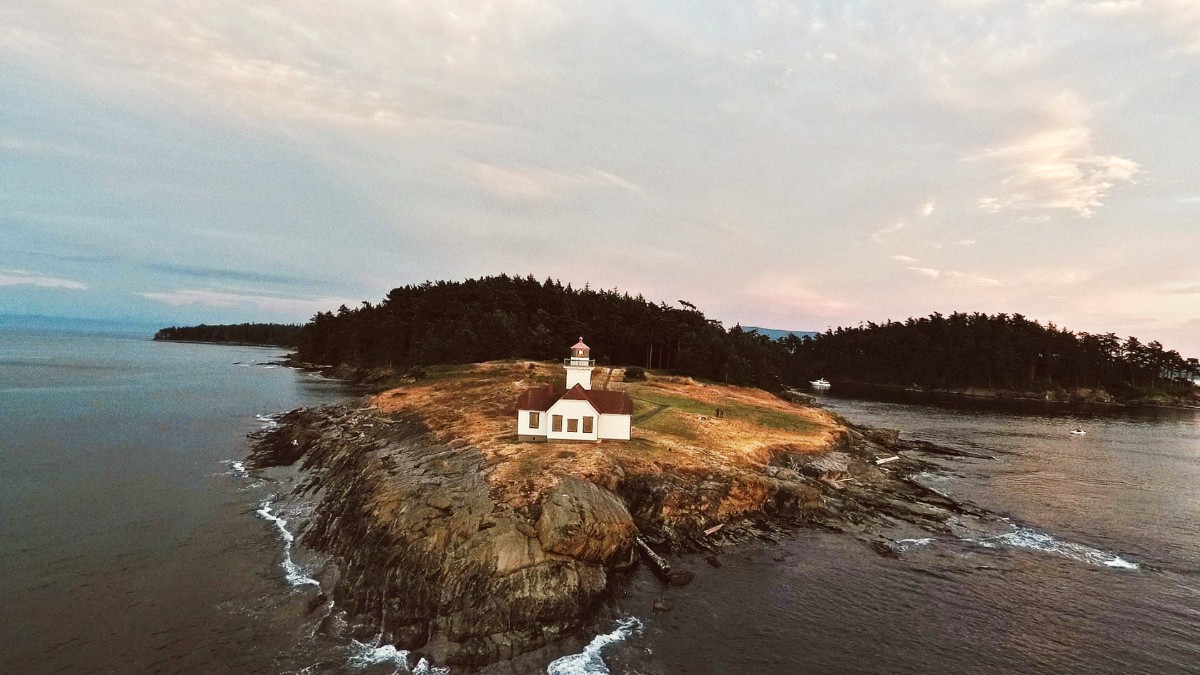
Washington, USA
No specific vaccinations apply for travel to the San Juan Islands from within the U.S. Or most international locations. The Centers for Disease Control and Prevention (CDC) recommends travelers ensure routine vaccinations are current. Consult your doctor for personalized advice.
Exercise good judgment, specifically when leaving valuables in vehicles. The San Juan Islands generally have very low crime rates, considered exceptionally safe destinations. Violent crime is rare. Petty theft can occur but remains uncommon; normal precautions for personal belongings are advised.
Dial 911 for immediate police, fire, or medical emergencies. PeaceHealth Peace Island Medical Center in Friday Harbor, San Juan Island, serves as the main hospital in the islands, offering emergency services and general medical care.
Clinics on Lopez Island and Orcas Island offer urgent care. Pharmacies are available in Friday Harbor and Eastsound.
Awareness of hazards
The Pacific Northwest is an active seismic zone. Be aware of "drop, cover, and hold on" procedures.
Risk for the islands themselves is low due to their elevation. Coastal areas on the mainland could be affected.
Winter storm awareness
High winds and heavy rain cause power outages and ferry disruptions.
Check weather and ferry schedules frequently. Carry a flashlight and power bank during winter visits.
Safety standards
Tap water throughout the San Juan Islands is safe to drink.
Food hygiene standards in restaurants are high, regulated by state and county health departments.
Emergency Services (Police, Fire, Medical): 911
PeaceHealth Peace Island Medical Center (Friday Harbor): +1-360-378-2141
Washington State Ferries Hotline: 1-800-843-3779 (for real-time updates)
Keep digital and printed copies of important contacts, including family members, insurance provider, and accommodation details. A Travel document organizer supports quick access to these numbers. Inform a family member or friend of your itinerary.
Consider LifeStraw for personal water filtration needs during outdoor activities.
For first aid supplies, look at Adventure Medical Kits.
Secure your belongings with anti-theft bags and products from Pacsafe.
For flight delays or cancellations, AirHelp may secure compensation.
Explore travel insurance options with World Nomads or SafetyWing.
Even in summer, evenings can become cool, and mornings often start with a chill. Prepare for a range of temperatures and conditions.
Always pack layers. The weather can shift from sunny to cloudy, warm to cool, or dry to rainy within hours.
Adjust your packing based on the time of year to ensure comfort.
Plan your electronics carefully, considering charging, connectivity, and communication needs.
Prepare a personal health kit to address common travel ailments and personal needs.
A basic Travel first aid kit with pain relievers, bandages, antiseptic, antibiotic ointment, and blister pads.
Carry all medications in original containers with clear labels. A physician's note for controlled substances.
Antihistamines, antacids, Anti-diarrhea medication, and motion sickness tablets.
Essential for outdoor enjoyment.
Insect Repellent: Sawyer Permethrin for clothing and DEET-based repellent for skin.
Sun Protection: Sunscreen (SPF 30+), sunglasses, and a Wide-brimmed hat are needed.
Water Purification: Not needed for tap water; a Personal water filter for backcountry hiking.
Save space and ease packing with Travel-sized toiletries.
Bring preferred brands for sensitive skin or specific needs, as availability varies on islands.
Consider lotion or moisturizer for dry conditions, especially after water activities.
Motion sickness remedies are relevant for ferry travel and whale watching tours, especially in rougher waters.
Tailor your gear to the specific adventures you plan.
A comfortable Daypack (Osprey Daylite Plus for example) for water, snacks, and layers. Hiking poles (optional) on hilly trails.
Binoculars for distant wildlife. A Telephoto lens for your camera.
A Dry bag for electronics. A Waterproof phone pouch.